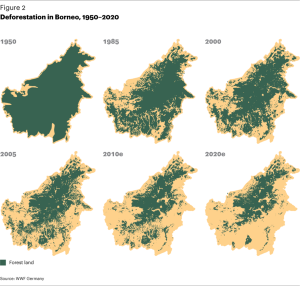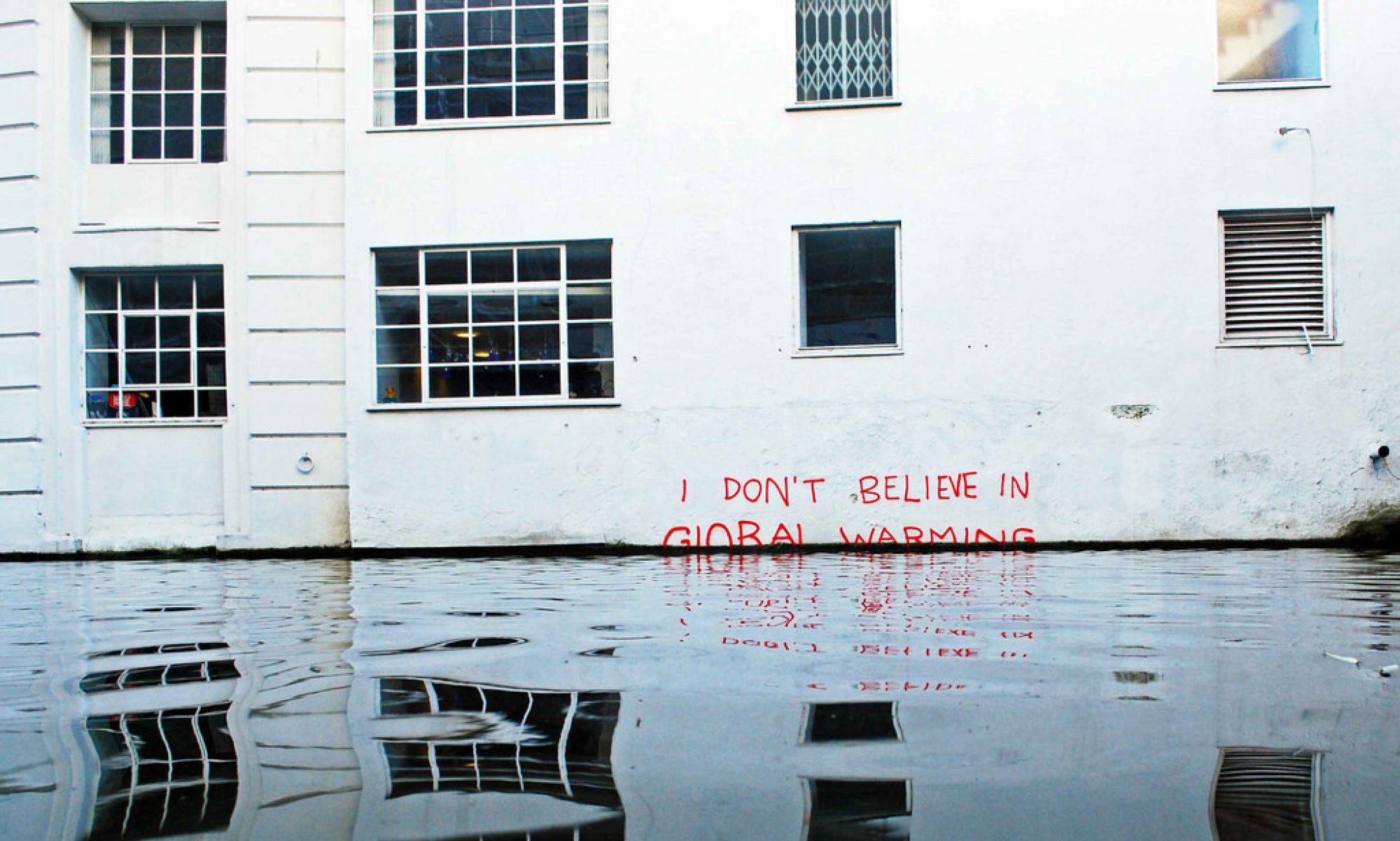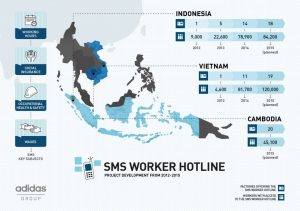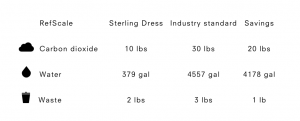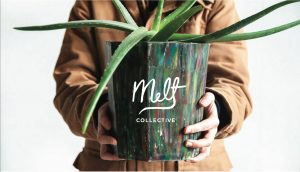Palm oil is everywhere! Most of our day to day consumer products contain palm oil – which is not good at all!! Palm oil is contained in ice cream, margarine, pizza, lipstick, detergent, cookies, bread, soap and many more.
But whats the issue with palm oil?
Indonesia’s rainforests are being cut down at an alarming rate. 27million hectares of the earths surface have been deforested for the construction of palm oil plantations. The plantations are also called “green deserts” where there is absolutely no biodiversity due to the scale and intensity of the palm oil trees. Displacement of indigenous people as well as loss of habitat for animals is a huge issue and is causing deaths all around. Over 100,000 animals die every year in south east Asia, all rooted to the devastating and huge palm oil industry.
Palm oil based fossil fuels have nearly 3 times the impact of standard fossil fuels. With the vast CO2 and Methane emissions from the processing and manufacturing of the oil, Indonesia surpassed the USA for having the highest greenhouse gas emissions in 2015.
However scientists believe they have found a substitute to palm oil. The reason why it was so widely used and turned into such a massive industry is because palm oil is incredibly cheap. But how many lives is cheap palm oil worth? Orangutang’s are soon to be placed on the endangered species list, simply due to the deforestation for palm oil plantations.
Supposedly the solution to a more sustainable solution to palm oil is YEAST. A very common household purchase is mixed together with other components in a lab and ultimately generates the same substance and consistency as palm oil.
We need to boycott palm oil to send a message to businesses and companies that palm oil isn’t necessarily needed to produce consumer goods. There are alternatives that need to be explored, however the first step is to understand the impact and understand what shifts in behaviour need to be made.
The image below shows the deforestation in Borneo, Indonesia due to palm oil plantations. I spent some time in the Borneo jungle in 2014 and its beauty inspired me. I hope that there will still be some left next time I find myself over there.
